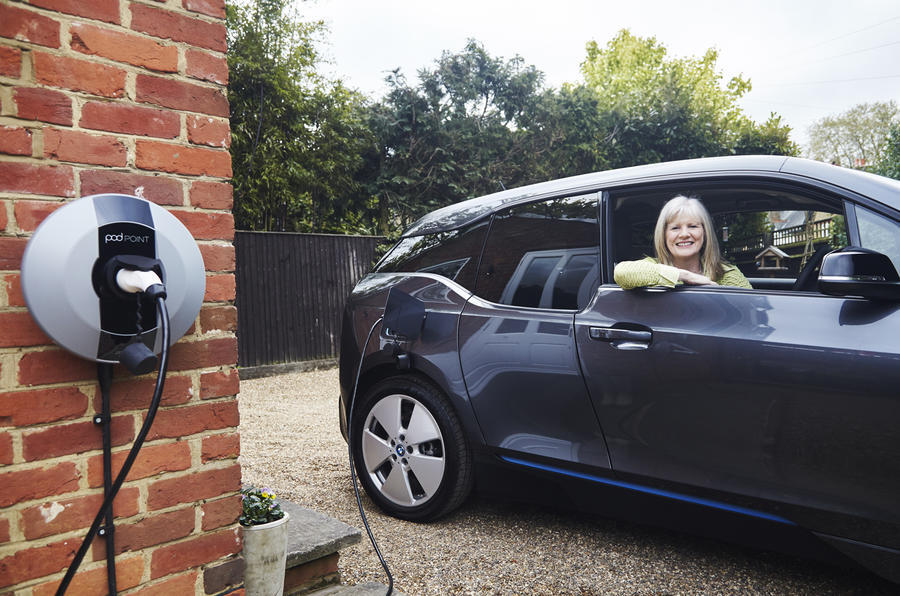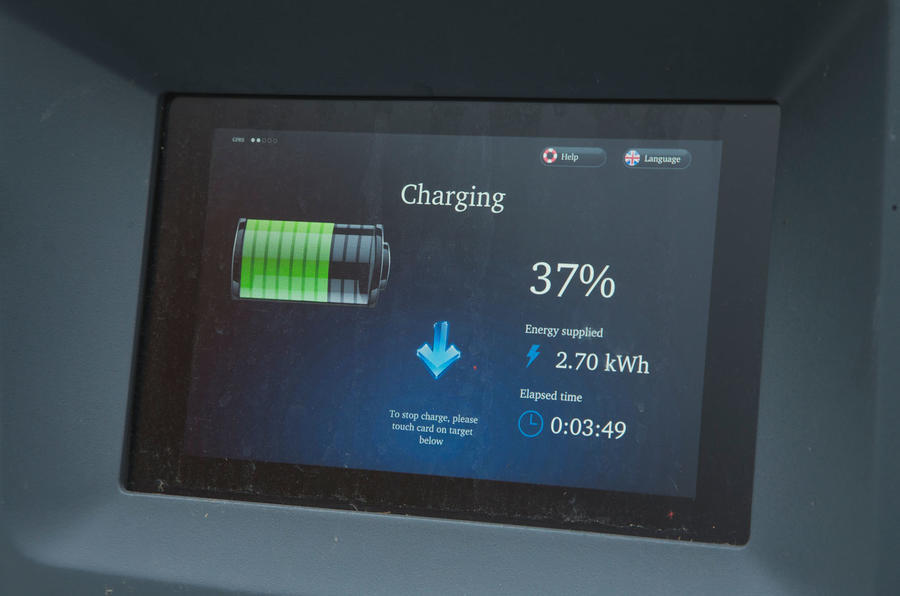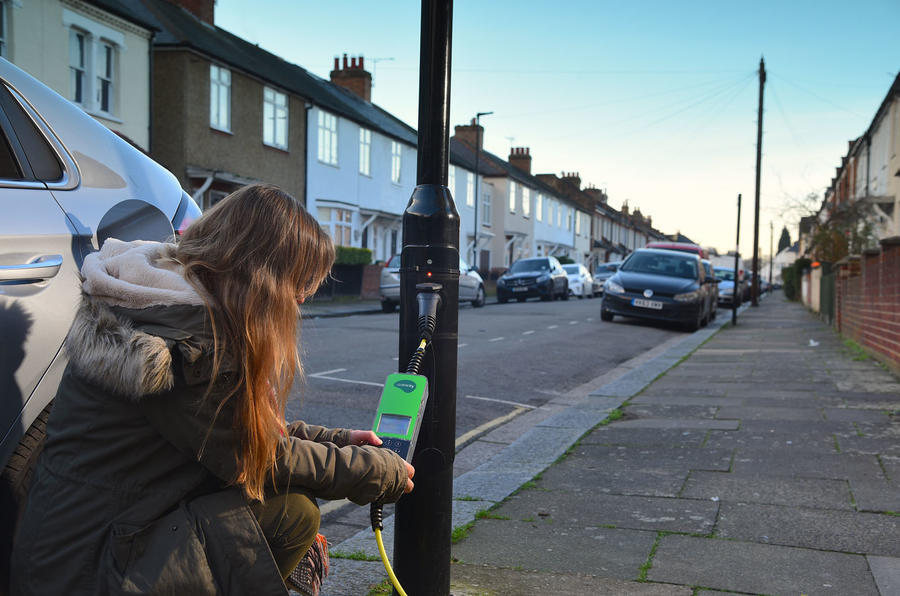Around 80 percent of all electric car charging takes place at home, which means it's important to make sure you’ve got the right technology to make plugging in as painless, quick and cost effective as possible. To make the whole process as straightforward as possible we’ve pulled together this guide that will answer all your questions on the different methods of charging.
Are all electric car chargers the same?
There are effectively two options when it comes to home charging - you can either use the slow charger provided with the vehicle or have a wallbox installed. The former uses a standard 3-pin plug to take power from your domestic supply, plus is simple to use and extremely portable. However, with battery sizes increasing all the time these units can take over 24 hours to deliver a full charge and as a result manufacturers recommend they are only for ‘emergency use’. A better bet, especially if you’re committed to everyday EV use, is a wallbox charger. Installed on the side of your house or in a garage, it is capable of delivering faster charging times safely and reliable. It’s also easier to use and doesn’t require numerous cables running from the house.
What is a wallbox charger?
Essentially it’s a standalone charger that’s wired directly into your domestic electricity supply. As the name suggests, it’s mounted to the external wall of your property and allows you to quickly and easily plug your car in to charge. Better still, you can buy fast charging units that will slash the time it takes to replenish the battery, while there are also ‘smart’ units that you can programme remotely to only charge at certain times (such as when your electricity tariff is cheapest) and that can condition the battery to increase its lifespan.

Most wallbox units are fast chargers, delivering electricity at 7kW, although there are simpler and cheaper 3kW slow chargers available.
You’ll require a driveway, garage or some other form of off-street parking close to your house if you want a wallbox, as you can’t stretch the charging lead over a public footpath or road, plus it will need to be installed by a professional electrician.
How much does it cost to install an electric car home charger?
This depends on your desired charging speed and the ‘smart’ features you want from your charger. Basic 3kW slow chargers start at around £100 or so, while you’ll need around £300 for a faster 7kW unit. ‘Smart’ units that feature wireless control via a smartphone app are anything between £450 and £1,000. On the whole the cost of fitting is included in the price, but there may be an extra charge if significant changes need to be made to your household wiring. Better still, some manufacturers are currently offering a free wallbox and fitting when you purchase one of its EVs, so it’s worth looking at what offers are out there.

